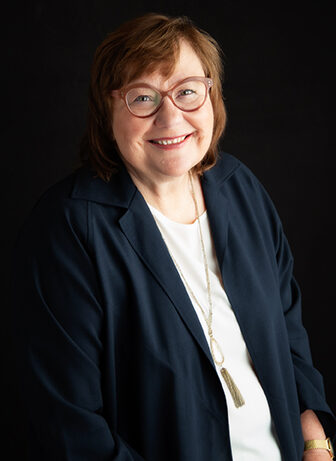During the years …
During the years when I was running myself ragged trying to juggle fulltime work and caregiving responsibilities, I was also commuting a couple of hours a day so I could live in the county where my frail, ailing mother lived in assisted living. I wanted to make sure I was available in case she had to be whisked off to the hospital in the middle of the night—and this happened dozens of times. I was totally in charge of managing her care, arranging private caregiving services, ensuring she was transported to doctor visits, ordering her prescriptions, paying her bills and managing her money.
On weekends, I tried to plan outings to do with my mother, visiting nearby museums, attending musical performances, going out to lunch or just sitting on a bench in a local park. As time went on and weeks turned into months and then into years, the days blurred together in an unrelenting chain of stressful moments. I always wanted to provide her the best possible care, both physical and emotional, and I really pushed myself to be the best daughter I could be.
Fortunately, my mother was very appreciative and constantly told her friends in assisted living that I was “one in a million”. Nonetheless, I sometimes felt that I was too stressed to simply relax and enjoy her company. There was always something to be done—dusting the knickknacks in her room or organizing her clothes closet or poring over the latest hospital bill.
When I mentioned to a close friend that I was concerned about the physical toll that my responsibilities were taking on my health, she reminded me of the concept of being “good enough.” Years earlier when our children were young, the concept of being a “good enough” parent had come into the public eye in the late 1980s through the publishing of a book by controversial child psychologist Bruno Bettelheim titled A Good Enough Parent: A Book on Child-Rearing. I could instantly see the analogy between parenting a child and caretaking an elderly parent. Talking to my friend that day opened up a pathway for me to see my situation through a different lens. I realized that I was so involved in giving all the time that I was missing the small moments of connection with my mom. I had felt similarly stressed during the years when I was trying to raise two rambunctious little boys while simultaneously organizing their schoolwork and extracurricular activities and managing the household. When I gave up trying to be the perfect parent and instead focused on being a good enough parent, I began to relax more around my children. I made a conscious effort to try to see the world from their perspective instead of mine. I would try to take a deep breath before I said a harsh word or disciplined them. As a result, I actually started to enjoy being around them more and I found myself being fascinated by the constant developmental changes taking place before me. I decided to take the same approach with my mother.
From that point on, before I walked into my mother’s room or picked up the phone to call her, I would take a moment or two to pause and consciously reset my attitude and frame of mind. I would ask myself “I wonder what my mom is feeling”? What does she really need from me?” Then, by the time I entered the room or placed the phone call, I would feel ready to listen.
Now that those days of child-rearing and caretaking elderly parents are behind me, I can see that adapting the concept of being “good enough” was a way to give myself permission to be an imperfect human being. I think that when someone is called upon to perform intense caregiving, it is equally important to practice radical self-care. But giving yourself the gift of self-care requires that you accept the truth that you deserve to take time for yourself. When you work full bore all the time without respite, you may experience emotional depletion and burnout. Preventing that may feel selfish, but it is important that you don’t sacrifice your well-being while you are caretaking others. And always keep in mind that your caretaking role will eventually come to an end.



